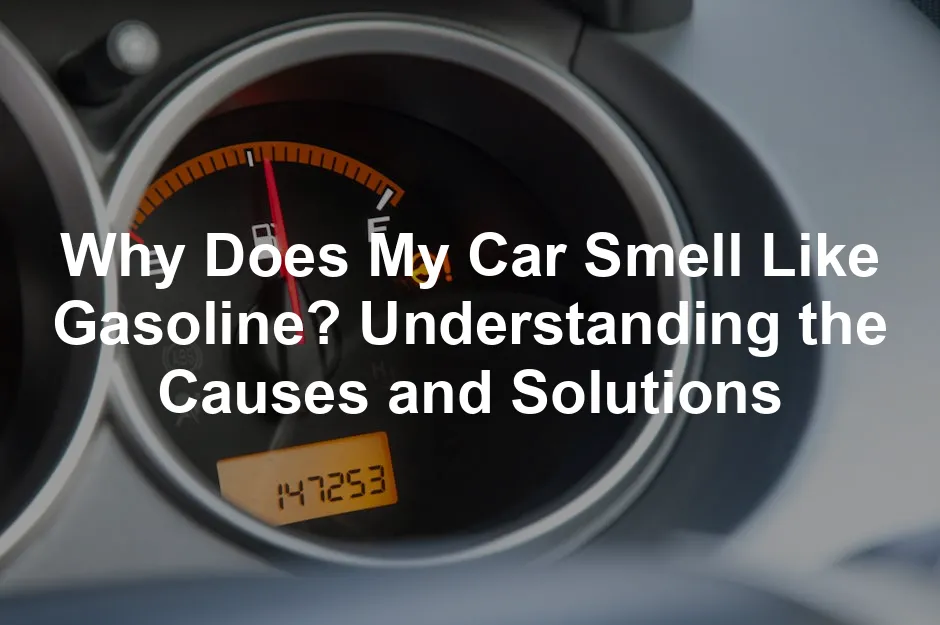
Why Does My Car Smell Like Gasoline? Understanding the Causes and Solutions
Introduction
Have you ever hopped into your car only to be greeted by a strong smell of gasoline? This unsettling odor can raise immediate concerns about safety and performance. Ignoring it could lead to serious issues. What could be causing this smell in your vehicle?
Common Causes of Gasoline Smells
Fuel Leaks
Fuel leaks are a primary reason for gasoline odors in vehicles. They can happen at various points in the fuel system. Common areas to check include damaged fuel lines, faulty fuel injectors, or even a cracked fuel tank.
Signs of a fuel leak include a noticeable drop in fuel levels, puddles under your car, or the smell of gas inside the cabin. Ignoring these smells can lead to severe safety hazards. Gasoline is highly flammable, and leaks can increase the risk of fire.
Statistics show that approximately 50% of vehicle fires are attributed to fuel leaks. Therefore, it’s essential to address any gasoline smell immediately. If you suspect a leak, it’s best to pull over safely and call for professional help. Prompt repairs can protect both you and your vehicle from potential disasters.
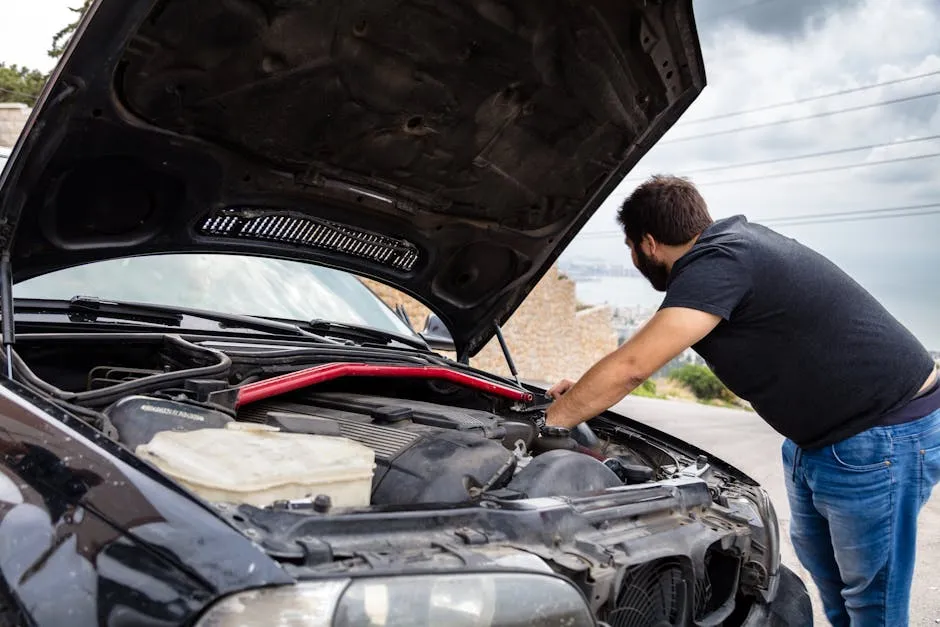
To maintain your fuel system, consider using a Fuel Injector Cleaner. This product can help remove any deposits that may affect your vehicle’s performance, ensuring your engine runs smoothly without those pesky gasoline odors.
Evaporative Emissions System Issues
The evaporative emissions system (EVAP) plays a critical role in your vehicle. Its main function is to prevent gasoline vapors from escaping into the atmosphere. The system captures these vapors and stores them until they can be burned in the engine. When this system malfunctions, it can lead to noticeable gasoline odors.
Key components of the EVAP system include the charcoal canister, purge valve, and various hoses. If there’s a leak in any of these parts, gasoline vapors may escape, creating a strong smell. Common signs of EVAP system failure include the check engine light illuminating and a noticeable gas odor, particularly after refueling.
Repairing the EVAP system can significantly reduce emissions. Statistics show that properly functioning EVAP systems can lower hydrocarbon emissions by up to 70%. If you suspect issues with your EVAP system, it’s wise to have it inspected promptly.
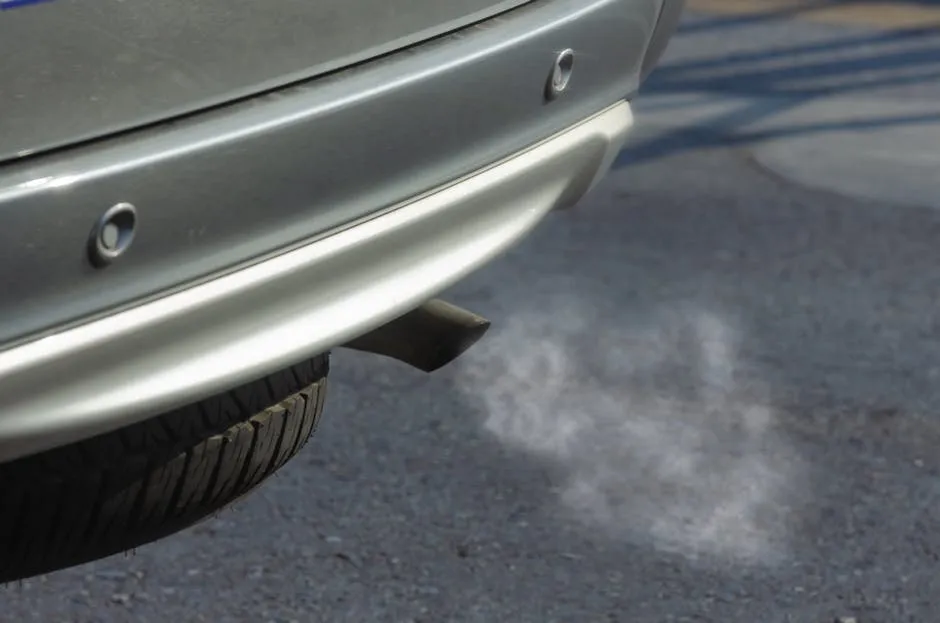
If you discover that your charcoal canister is failing, you might want to check out a Charcoal Canister Replacement. It’s a straightforward fix that can help restore your vehicle’s efficiency and eliminate those annoying gas smells.
Loose or Missing Gas Cap
Your gas cap is more important than you might think. It keeps fuel vapors contained within the fuel system. If the cap is loose, cracked, or missing, gasoline vapors can easily escape, causing that telltale smell.
To check your gas cap, simply ensure it’s tightly closed. Look for any visible cracks or damage. A faulty gas cap can also lead to decreased fuel efficiency, as the system struggles to maintain pressure. If you find your gas cap is the culprit, replacing it is a simple fix that can save you money in the long run.
Interestingly, gas cap issues are quite common, with around 17% of vehicles experiencing them at some point. Regularly inspecting your gas cap is a simple yet effective maintenance tip to prevent fuel vapor release. Consider investing in a reliable Gas Cap Replacement to keep those vapors in check!

Fuel Injector Problems
Fuel injectors are vital for your engine’s performance. They deliver the precise amount of fuel needed for combustion. However, if they start to fail, they can lead to excessive fuel being delivered. This can create a strong gasoline odor within your vehicle.
Symptoms of faulty fuel injectors include poor engine performance, rough idling, and reduced fuel efficiency. Ignoring these signs can lead to costly repairs down the line, as damaged injectors can harm the engine and catalytic converter.
On average, repairing fuel injectors can cost between $300 and $1,500, depending on the vehicle. Regular maintenance is crucial to ensure your fuel injectors remain in good condition. By addressing injector issues early, you can avoid more severe problems and keep your car running smoothly.
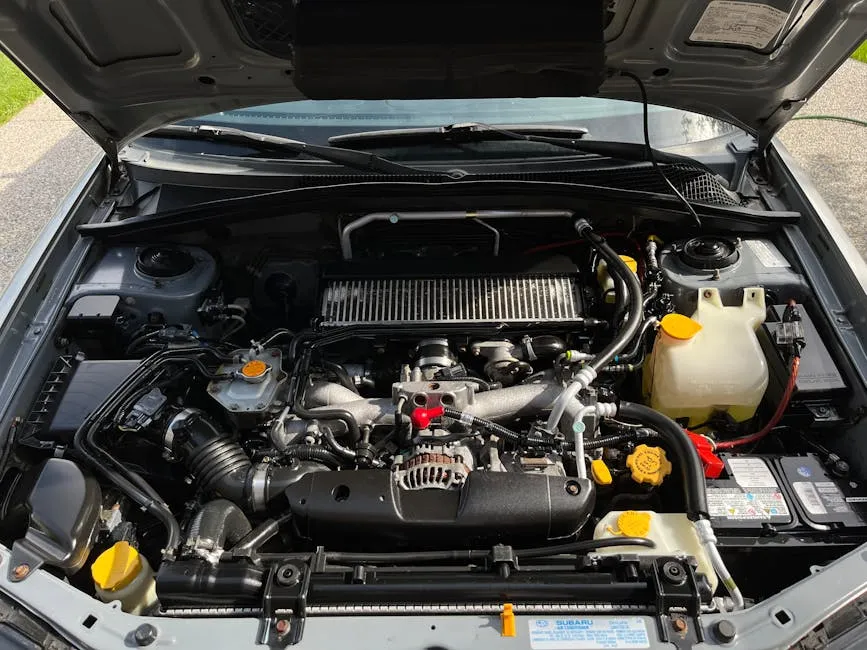
To help maintain your fuel injectors, a Engine Oil Change Kit can be an excellent addition to your car maintenance routine. Fresh oil can help keep your engine and injectors running smoothly, preventing those nasty odors from taking over your ride.
Other Causes
Recent Fuel Spillage
Have you ever spilled a bit of gasoline while refueling? Even a tiny amount can lead to lingering odors in your car. If you notice that gasoline smell, it’s likely due to a recent spill. Recognizing these spills is the first step in addressing the issue.
To clean minor spills, start by using absorbent materials like paper towels. Wipe the affected area gently. For tougher spots, a solution of warm, soapy water can be effective. Make sure to ventilate your vehicle by leaving the windows open for a while. This helps dissipate any remaining fumes.
If the smell persists despite your best efforts, it might be time to seek professional help. A detailing service can thoroughly clean and deodorize your car, ensuring that no harmful vapors remain. Remember, fuel spillage isn’t just annoying; it can also create safety hazards if left unchecked. Statistics show that many vehicle owners experience fuel spills, so you’re not alone in this!

Faulty Charcoal Canister
The charcoal canister plays a vital role in your vehicle’s fuel system. It captures fuel vapors and prevents them from escaping into the atmosphere. However, if this component fails, it can result in gasoline odors inside your car.
Signs of a failing charcoal canister include a noticeable gas smell, especially after refueling. You may also notice a decrease in fuel efficiency or a check engine light. Ignoring these signs can lead to more complicated issues down the line, such as increased emissions or engine performance problems.
Typically, charcoal canisters last around 10 to 15 years. If you suspect yours is failing, consider getting it checked. Repair options often include replacing the canister or fixing associated hoses. Addressing this issue promptly can save you from costly repairs in the future and keep your car running smoothly.
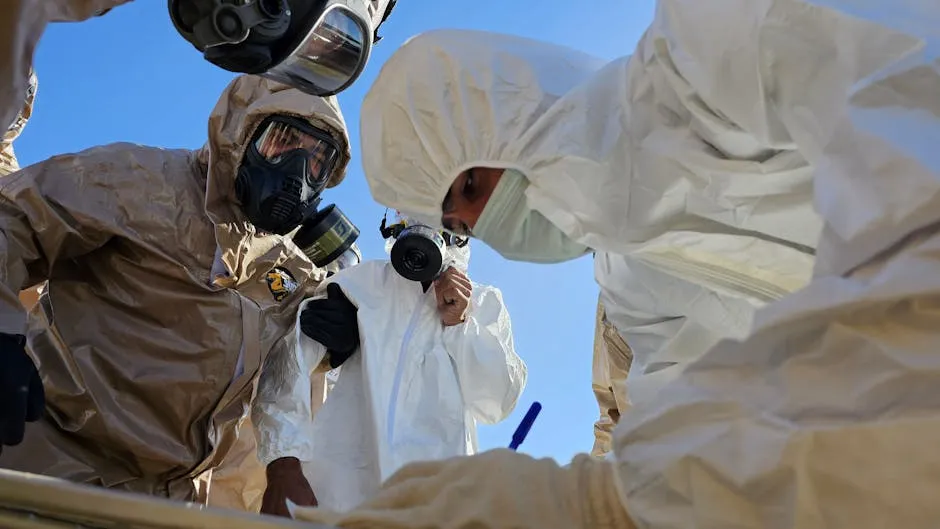
FAQs
What should I do if I smell gasoline in my car?
If you smell gasoline in your car, pull over immediately. Turn off the engine and investigate. Look for leaks or signs of damage. If you can’t find the source, contact a mechanic for help. It’s essential to address any gasoline smell quickly.
How can I check for fuel leaks?
To check for fuel leaks, inspect your vehicle for puddles of gasoline under it. Look at the fuel lines and connections. If you notice a strong gasoline smell, it may indicate a leak. Consult a professional mechanic if you suspect a problem.
Can a gas cap cause a smell of gasoline?
Yes, a loose or damaged gas cap can cause a smell of gasoline. If it’s not sealed properly, fuel vapors escape. Always check that your gas cap is secure after filling up. Replacing a faulty cap can solve this issue easily.
What are the signs of a bad fuel injector?
Signs of a bad fuel injector include a strong gasoline odor, rough idling, and decreased fuel efficiency. You may also notice poor engine performance. If you experience these symptoms, have your fuel injectors inspected by a professional.
Is it dangerous to drive with a gasoline smell?
Yes, it is dangerous to drive with a gasoline smell. It could indicate a fuel leak, which poses a fire hazard. If you detect this odor, pull over and turn off your engine immediately. Address the issue before getting back on the road.
For those who like to maintain their vehicles, a Vehicle Maintenance Guide Book is a must-have. It can provide you with tips and tricks to keep your car in top shape and avoid those unpleasant gasoline smells altogether.
Please let us know what you think about our content by leaving a comment down below!
Thank you for reading till here 🙂
All images from Pexels




